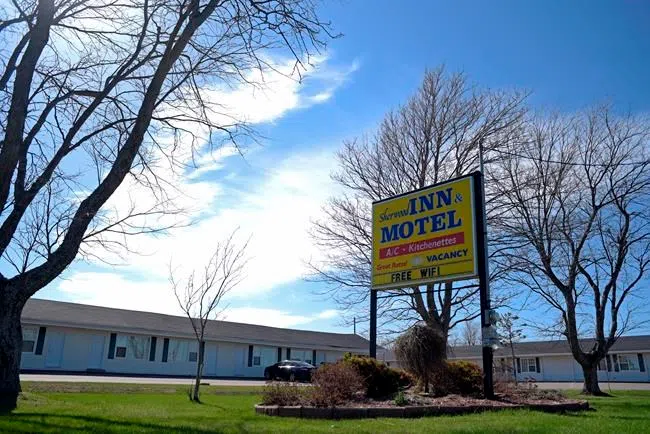
Siblings charged in sweeping immigration probe on Prince Edward Island
After a sweeping immigration probe, two Charlottetown hoteliers have been charged with helping set up fake addresses for Chinese immigrants who entered Prince Edward Island under a business program that has been criticized for lax oversight.
Siblings Ping Zhong and Yi Zhong allegedly counselled business immigrants seeking permanent residency to provide residential addresses in P.E.I. though they didn’t really live there, as required under the province’s immigration system.
The Canada Border Services Agency says 566 immigrants used the same addresses between 2008 and 2015 — the siblings’ Sherwood Motel and Ping Zhong’s Charlottetown home. Nearly all were granted permanent residency.
Seven cases were chosen for prosecution, said Colin Murchison, a CBSA director of investigations in an interview Tuesday.